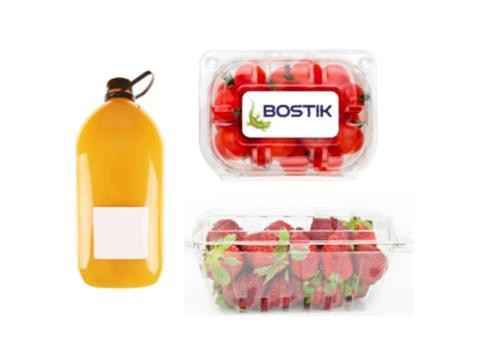
Bostik has released its first wash-off, all-temperature label adhesive, which the Association of Plastic Recyclers has certified to be compatible with PET bottle label recycling.
The ClearCycle 1000 adhesive falls under Bostik’s Flexcryl product family, which consists of emulsion acrylic adhesives largely designed for label applications. This particular adhesive is derived from a water-based, acrylic technology and aims to fill the gaps concerning sustainability in PET bottle label adhesives, especially as packaging manufacturers are increasingly seeking out recyclable materials for their bottles.
As such, ClearCycle 1000 claims to offer a wash-off solution for cold-fill or freezer-grade applications that call for an adhesion temperature of 4.4°C or lower. It is fully formulated in a bid to increase production efficiencies, aiming to provide a readily available product that does not require further testing under its recommended conditions.
It also claims to negate the need for surface pre-treatment for biaxially-oriented polypropylene applications, with its ‘inherently sufficient energy levels’ expected to reduce overall costs.
“ClearCycle 1000 adhesive stands out on the market for its product performance, and APR’s stringent testing proves its benefit to PET recycling streams,” said Eric Parois, global marketing director for labels and narrow web technologies at Bostik. “Our extensive market knowledge and technical expertise allows us to formulate products that address unmet market needs while also recognizing the big picture: how we can reduce environmental impact together. ClearCycle 1000 adhesive showcases that dedication and marks another step toward helping the market reach sustainability goals.”
Back in 2022, Avery Dennison and UPM Raflatac were granted limited compatibility approval by RecyClass for non-removable adhesive solutions that sought to improve the recyclability of HDPE packaging.
A more recent development saw tesa unveil its certified-recyclable 60408 packaging tape featuring a paper-based backing, natural rubber adhesive, and bio-based resin with a total bio-based carbon content of 92%.
If you liked this article, you might also enjoy:
McKinsey on whether or not on-pack sustainability claims affect consumer spending
A deep dive into the most important packaging sustainability trends and solutions














No comments yet